Explore Estúdio Campana's cave of wonders on view in Shanghai
'Impermanence - 40 Years of Estúdio Campana' is on view at Shanghai's Power Station of Art (PSA) until 8 September 2024
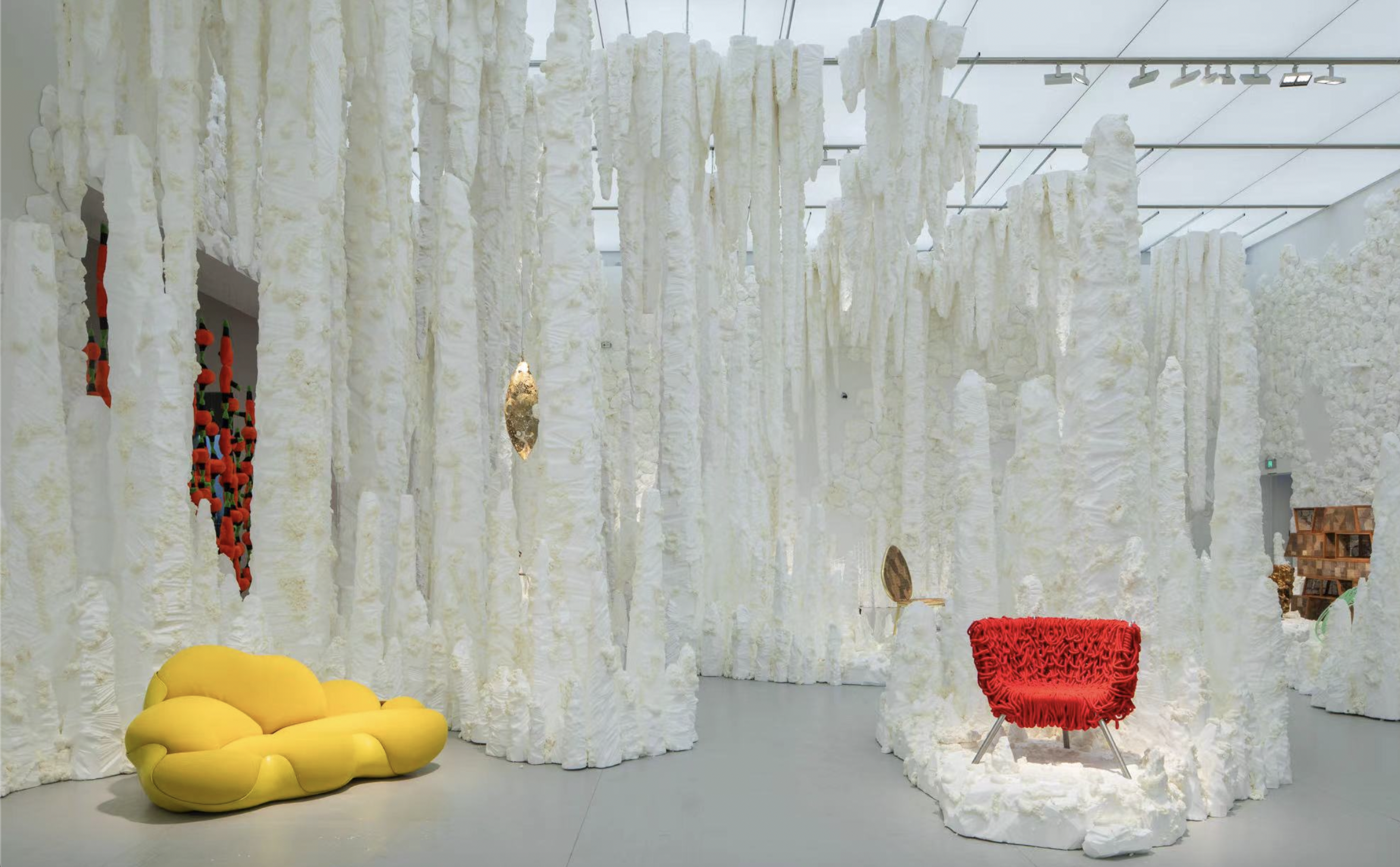
Shanghai's Power Station of Art hosts a new retrospective exhibition of Estúdio Campana's work, marking the studio's first major exhibition in Asia.
Founded in São Paulo by Humberto Campana and his brother, the late Fernando Campana, the studio elevates humble materials and constructions to collectible design pieces whose aesthetic direction followed different motifs and visual themes. Their imaginative output has always been accompanied by a strong commitment to ethical design and supporting communities through their projects.
Impermanence - 40 Years of Estúdio Campana
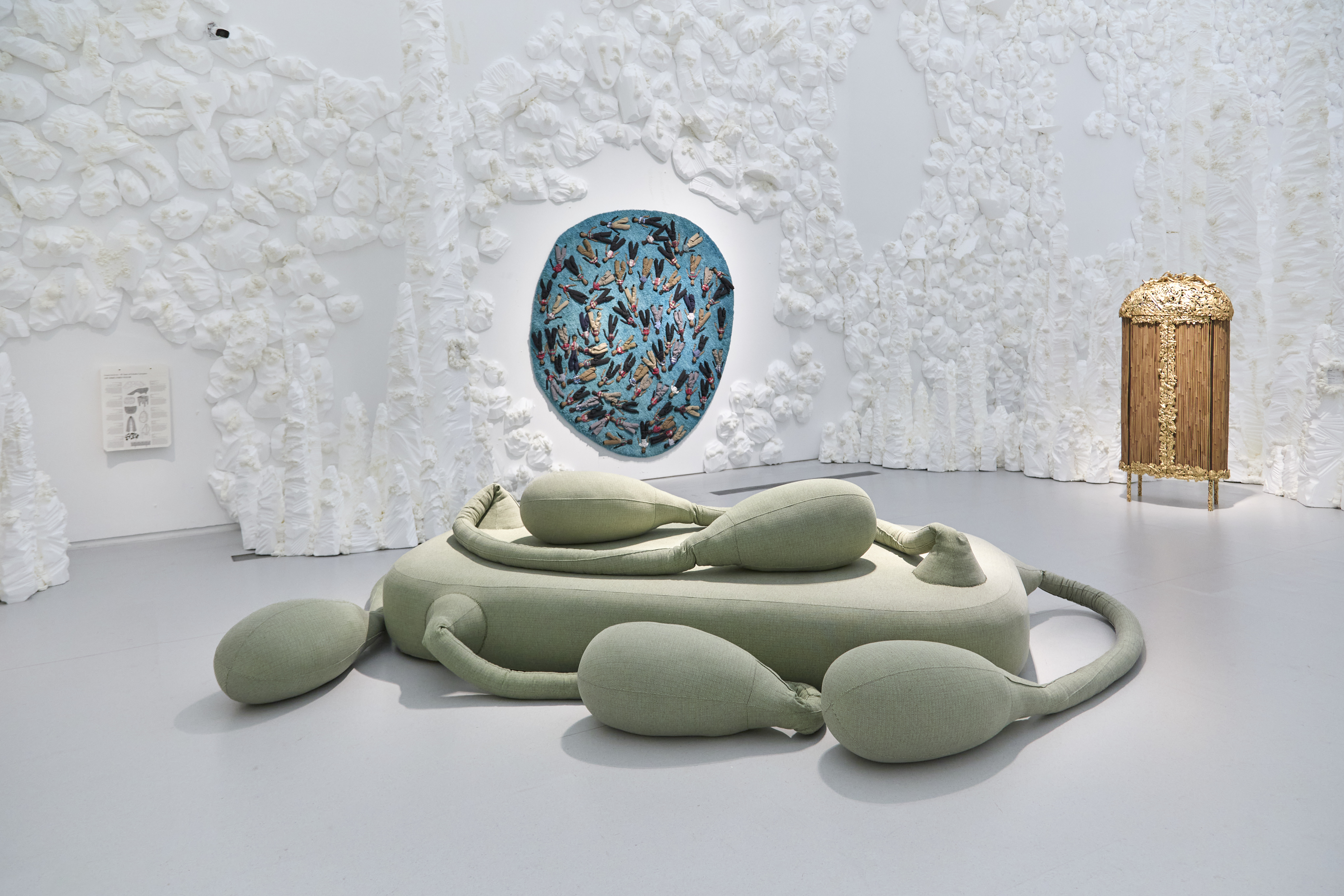
The exhibition is curated by Marco Sammicheli, Curator for Design, Fashion, Crafts and Director Museo del Design Italiano at Triennale Milano, and Gong Yan, Director of Power Station of Art.
'The work of the Campana brothers has transformed contemporary design,' comments Sammicheli. 'They were the first to intuit the richness of hybridizing creativity by giving dignity to scraps, waste and less noble materials so that the objects could portrait and attest desires: the ethics of recycling, the dignity of artisan work, the forgotten aesthetics of rural and indigenous Brazil, the madness of colours and shapes in the domestic landscape, the hybridization between production systems and ecological awareness.'
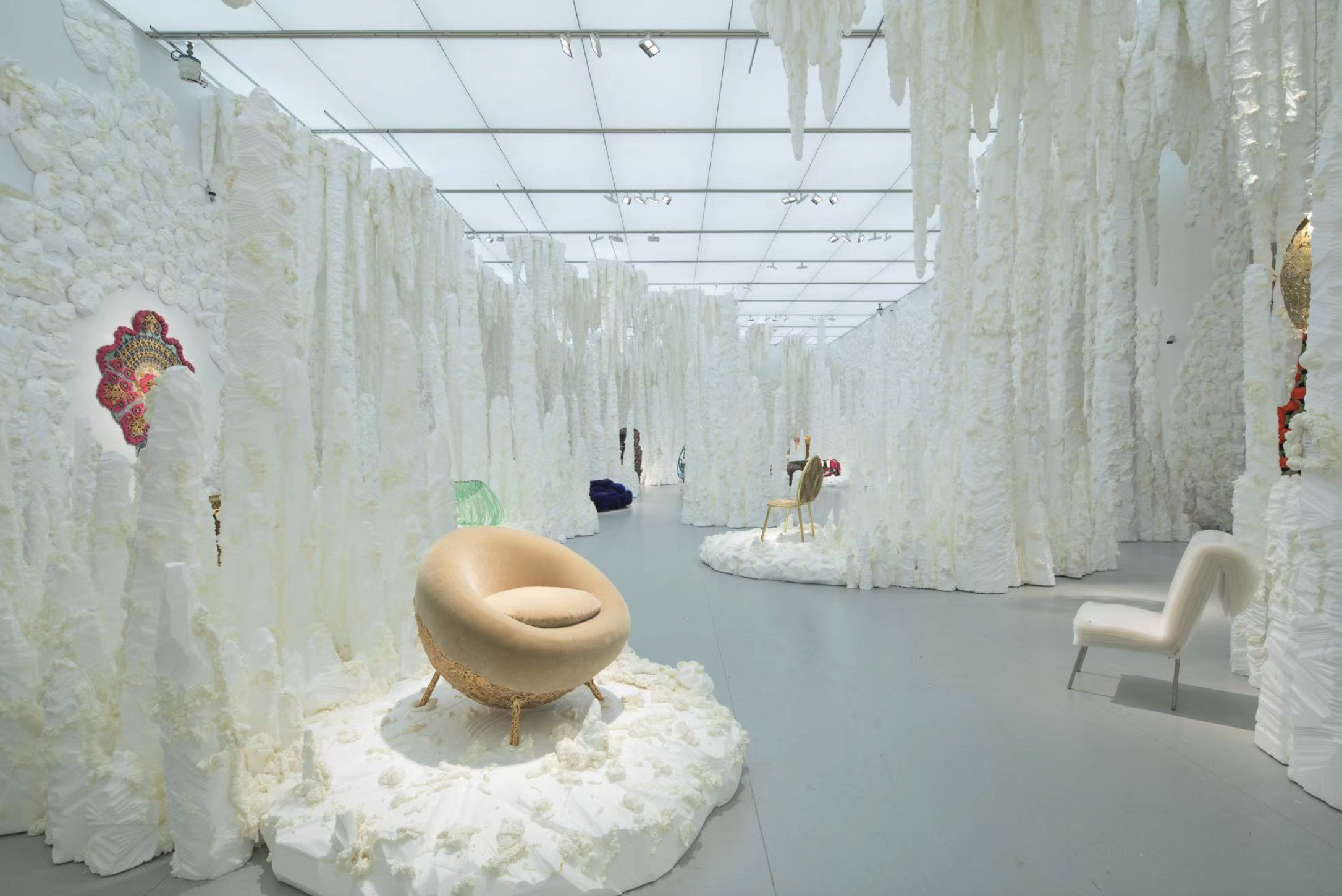
The exhibition offers an overview of forty years of the studio's output through fifty of their most iconic designs, recognisable furniture pieces that have helped shape the history of contemporary design while raising key issues of production, sustainability and our relationship with nature. 'In a forty-year career, Estúdio Campana has demonstrated the possibility of connecting decoration and political message, function and fiction, culture and nature,' continues Sammicheli.
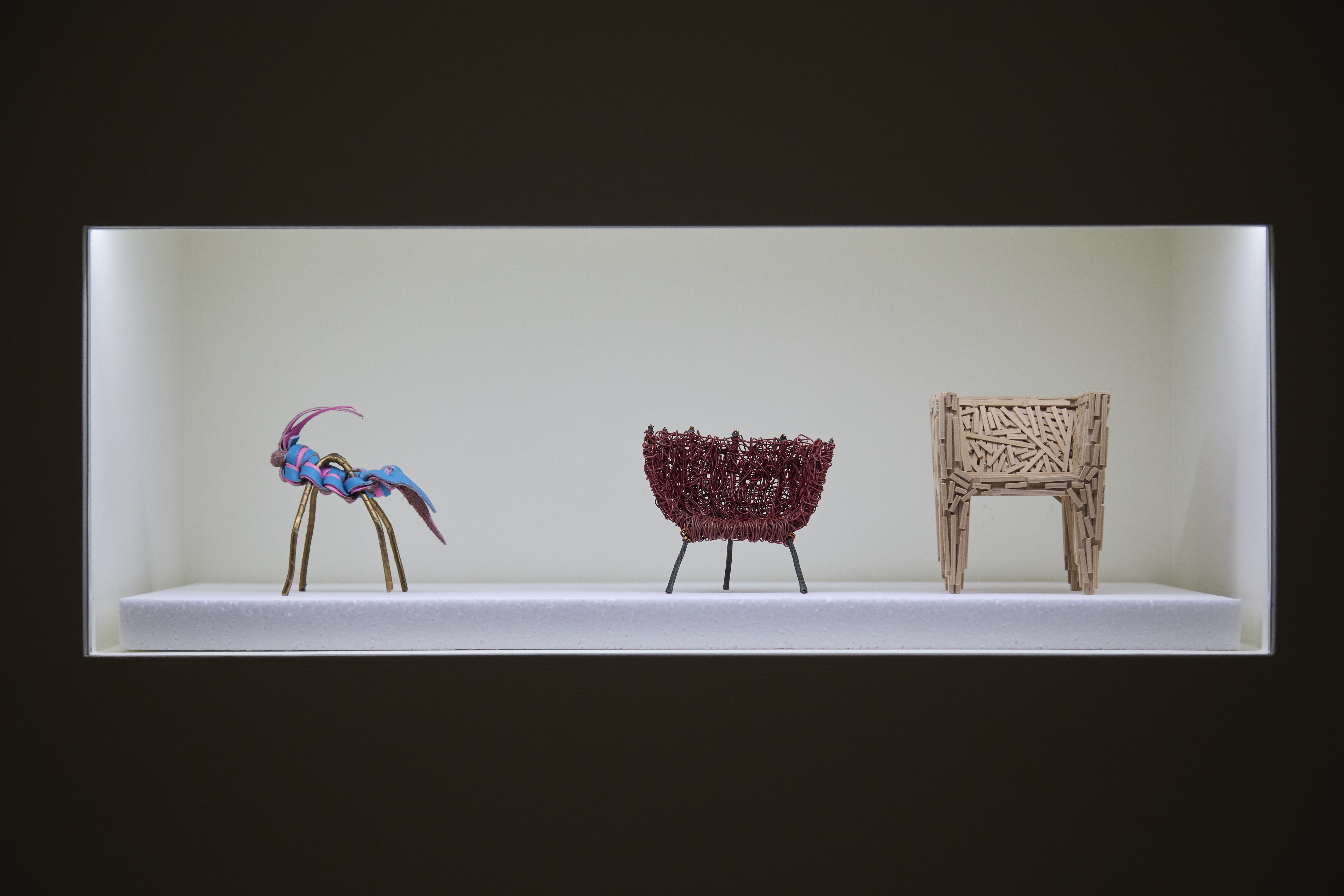
Some of the studio's most memorable works are on display, from the Vermelha chair for Edra, made with over five hundred metres of red rope, and the Panda Puff stool, featuring as the name suggests a series of stuffed pandas in lieu of upholstery. There are some designs created for the Louis Vuitton Objets Nomades series and from the studio's collection for Paola Lenti, both vividly encapsulating the designers' flair for shape and colour. The displays also include personal objects, original drawings, and prototypes from the duo's history that had never been shown in public before.
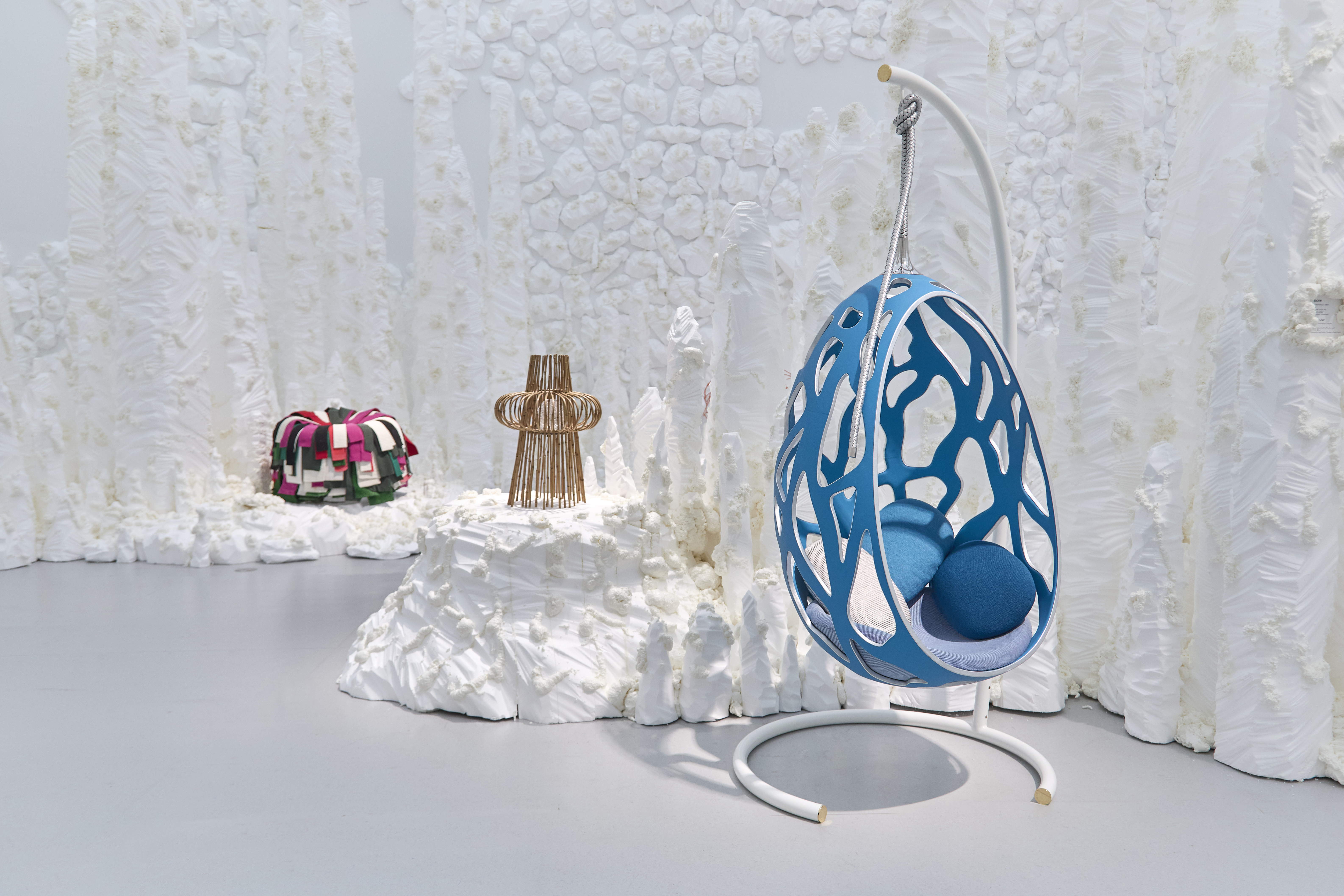
The designs are shown within a cave-like scenography conceived by Humberto Campana, featuring white, artificial stalactites and stalagmites in reference to Plato’s "Allegory of the Cave".
Receive our daily digest of inspiration, escapism and design stories from around the world direct to your inbox.
'I wanted to combine the curators’ work with a child-like experience, which for me is the most accurate way of explaining how my brother and I trailblazed through life: by taking steps into dark, unknown territories, and shedding light into our explorations and findings,' explains Humberto Campana. 'Plato’s classic allegory is something we can all relate to, at any age or background. I like to think we are all born curious, and this scenography is an invitation to embrace estrangement, step away from your comfort zone, and be rewarded by the courage to let imagination run free in an adventurous search for joy.'
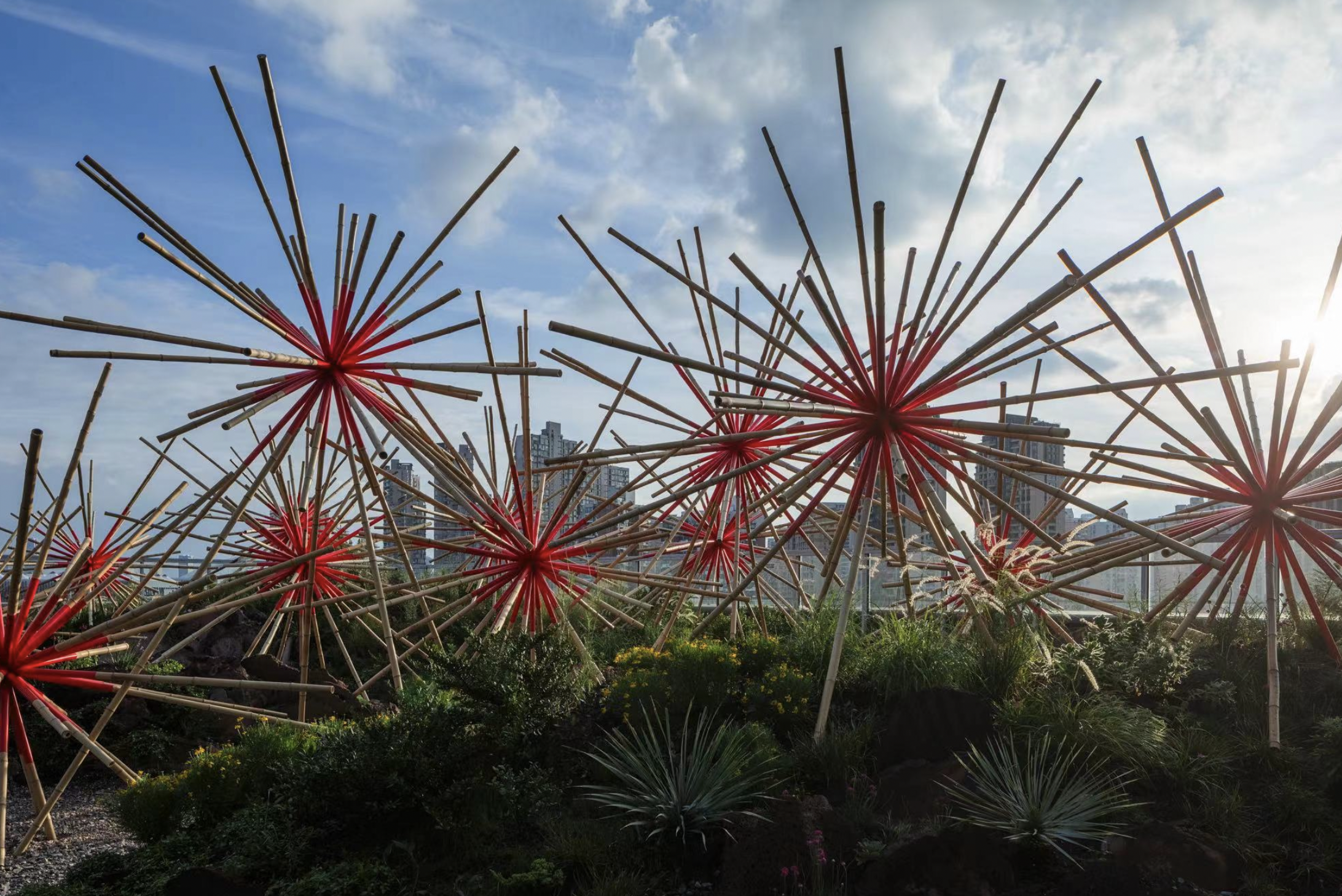
The exhibition experience is enriched by two screening rooms showing footage from the studio's archive, including their involvement in set design and a making-of video of the Vermelha chair, as well as the documentary “We The Others", by Francesca Molteni and Maria Cristina Didero.
A new installation by the studio also inaugurates PSA's 2000 square metres rooftop garden: created as a collaboration with Chinese garden designer Yuan Zheng and dubbed "Pyro", featuring firework-like structures in bamboo and steel that frame the view of the Shanghai skyline and integrate with the garden's landscaping.

'The creations of the Campana brothers originate from their optimistic embrace and imagination of life,' says Gong Yan. 'Their unique employment of materials and craftsmanship gives their design a quality of physical tactility that transcends mere functionality, embodying both an extension and a celebration of life itself. This exhibition also hopes to initiate a series of discussions on design, materials, traditions, and social concern.'
Impermanence - 40 Years of Estúdio Campana is on view until 8 September 2024
200 Hua Yuan Gang Lu
周家渡 Huangpu Qu
Shanghai
China, 200231
Rosa Bertoli was born in Udine, Italy, and now lives in London. Since 2014, she has been the Design Editor of Wallpaper*, where she oversees design content for the print and online editions, as well as special editorial projects. Through her role at Wallpaper*, she has written extensively about all areas of design. Rosa has been speaker and moderator for various design talks and conferences including London Craft Week, Maison & Objet, The Italian Cultural Institute (London), Clippings, Zaha Hadid Design, Kartell and Frieze Art Fair. Rosa has been on judging panels for the Chart Architecture Award, the Dutch Design Awards and the DesignGuild Marks. She has written for numerous English and Italian language publications, and worked as a content and communication consultant for fashion and design brands.
-
 Glastonbury’s Terminal 1 is back: ‘Be prepared to be deeply moved and then completely uplifted’
Glastonbury’s Terminal 1 is back: ‘Be prepared to be deeply moved and then completely uplifted’Terminal 1 is an immersive, experiential space designed to deliver a vital message on immigration rights at Glastonbury 2025
-
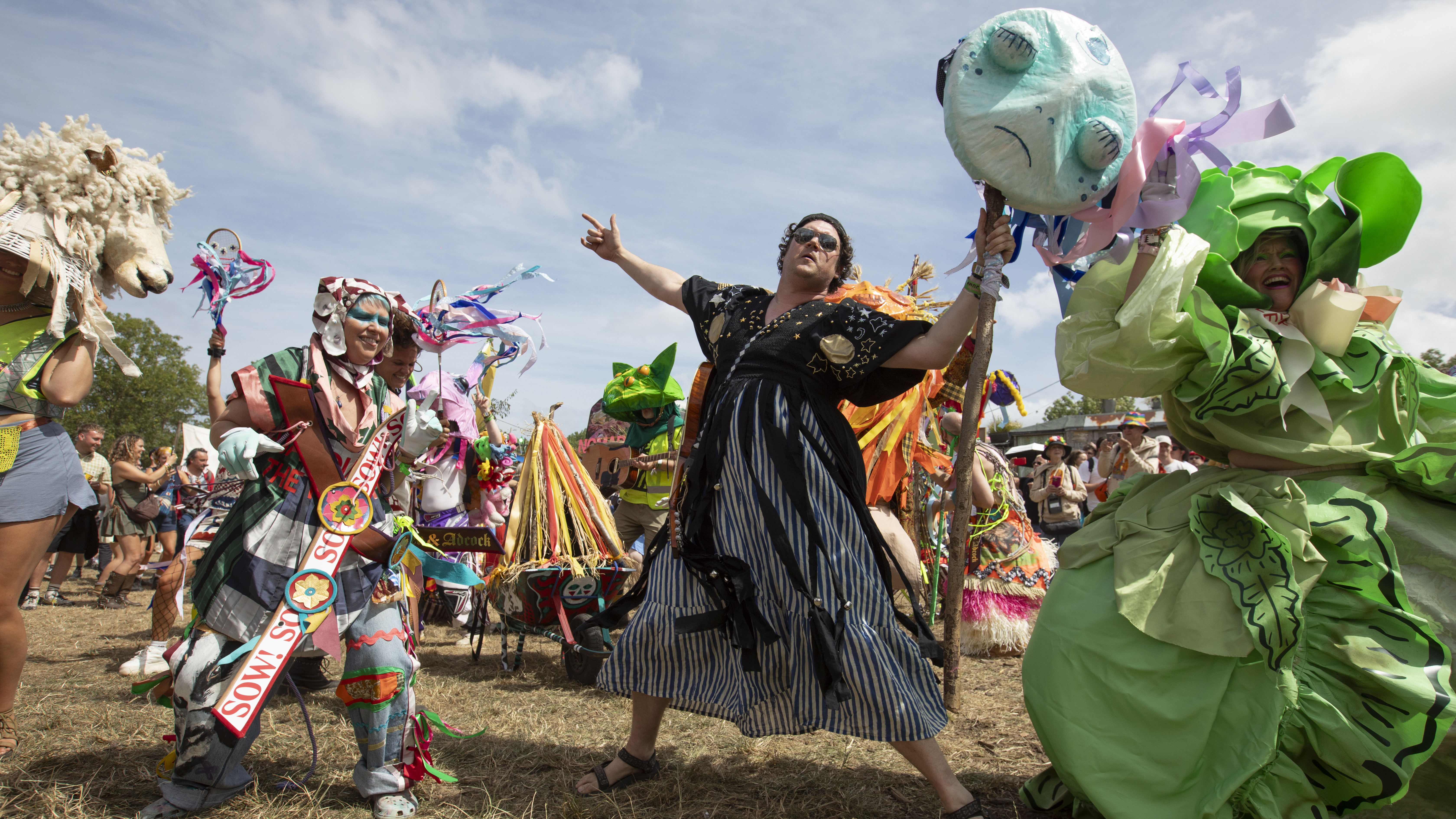 At Glastonbury’s reinvented Shangri-La, everything must grow
At Glastonbury’s reinvented Shangri-La, everything must growWith a new theme for 2025, Glastonbury’s Shangri-La is embracing nature, community and possibility; Lisa Wright is our field agent
-
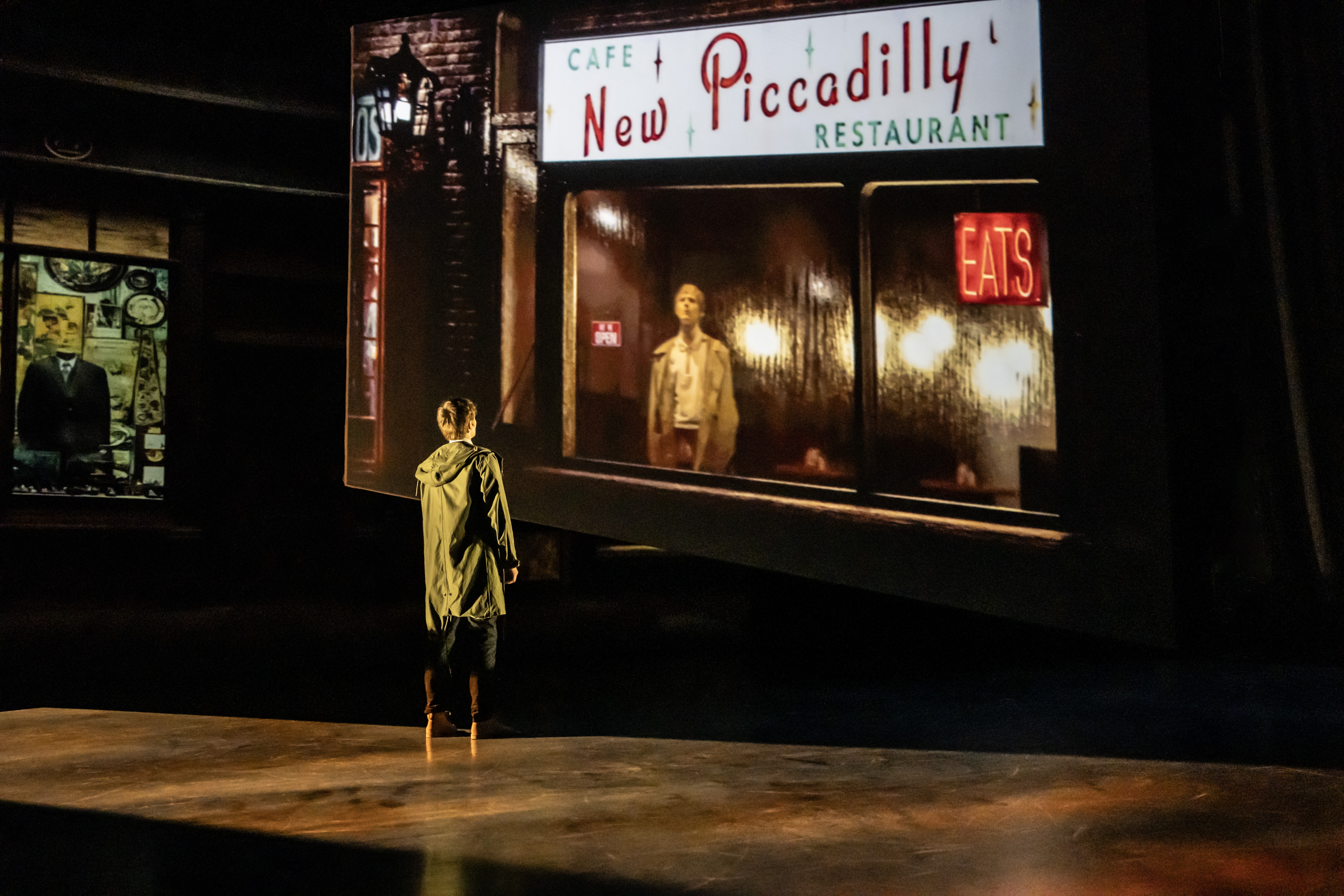 Paul Smith brings the Swinging Sixties to Sadler’s Wells in ‘Quadrophenia, A Mod Ballet’
Paul Smith brings the Swinging Sixties to Sadler’s Wells in ‘Quadrophenia, A Mod Ballet’In any imagining of Pete Townshend’s ‘rock opera’ – a chronicle steeped in the mythology of the 1960s – the suits need to be razor-sharp. ‘Quadrophenia, A Mod Ballet’ enlisted Paul Smith for the task
-
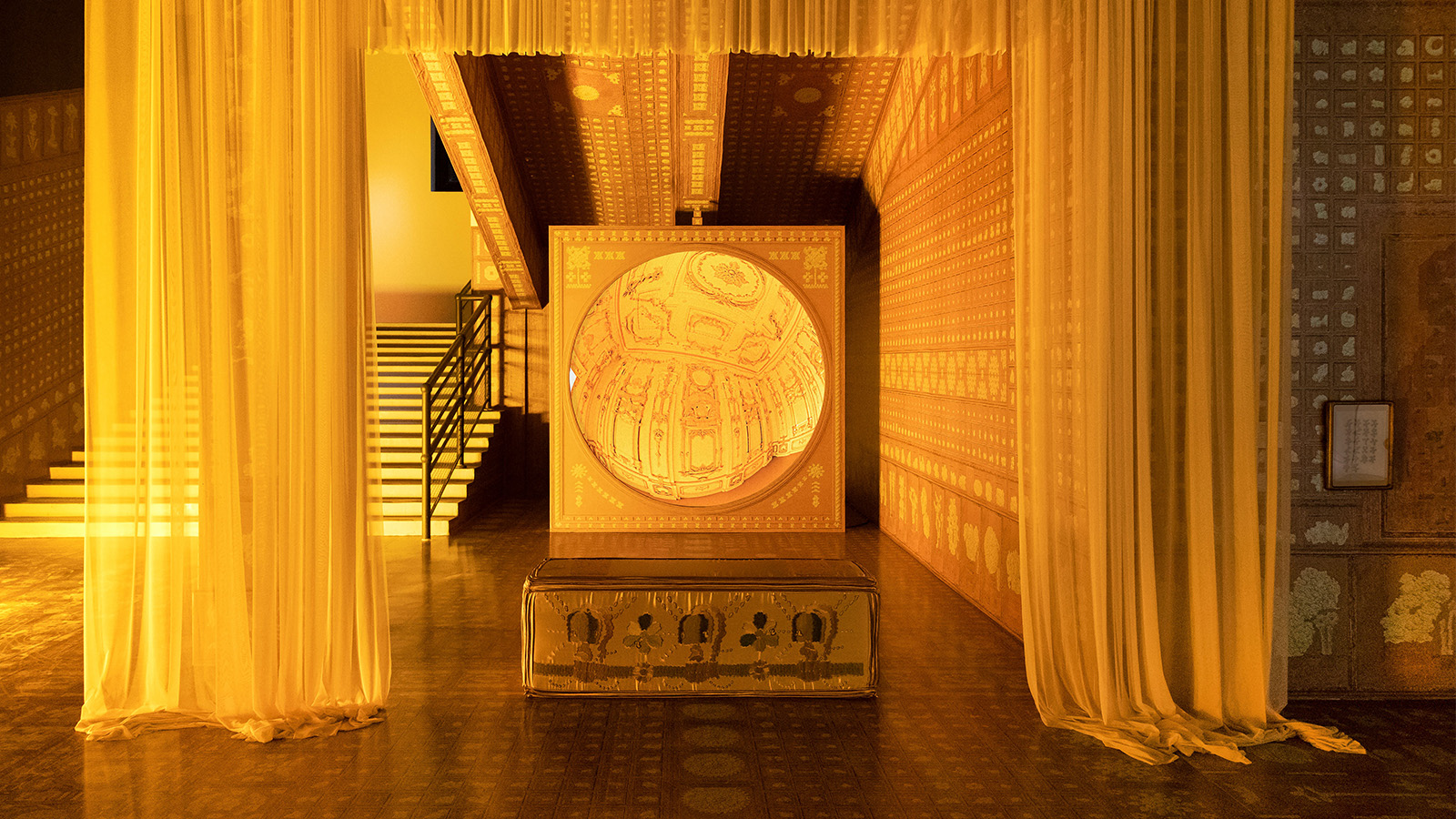 Duyi Han’s immersive psychedelic installation in Shanghai is like ‘seeing the world from a higher dimension’
Duyi Han’s immersive psychedelic installation in Shanghai is like ‘seeing the world from a higher dimension’Chinese artist Duyi Han on ‘Visions of Bloom’ in Shanghai, his reimagination of a secret Chinese garden through a psychedelic video and furniture installations
-
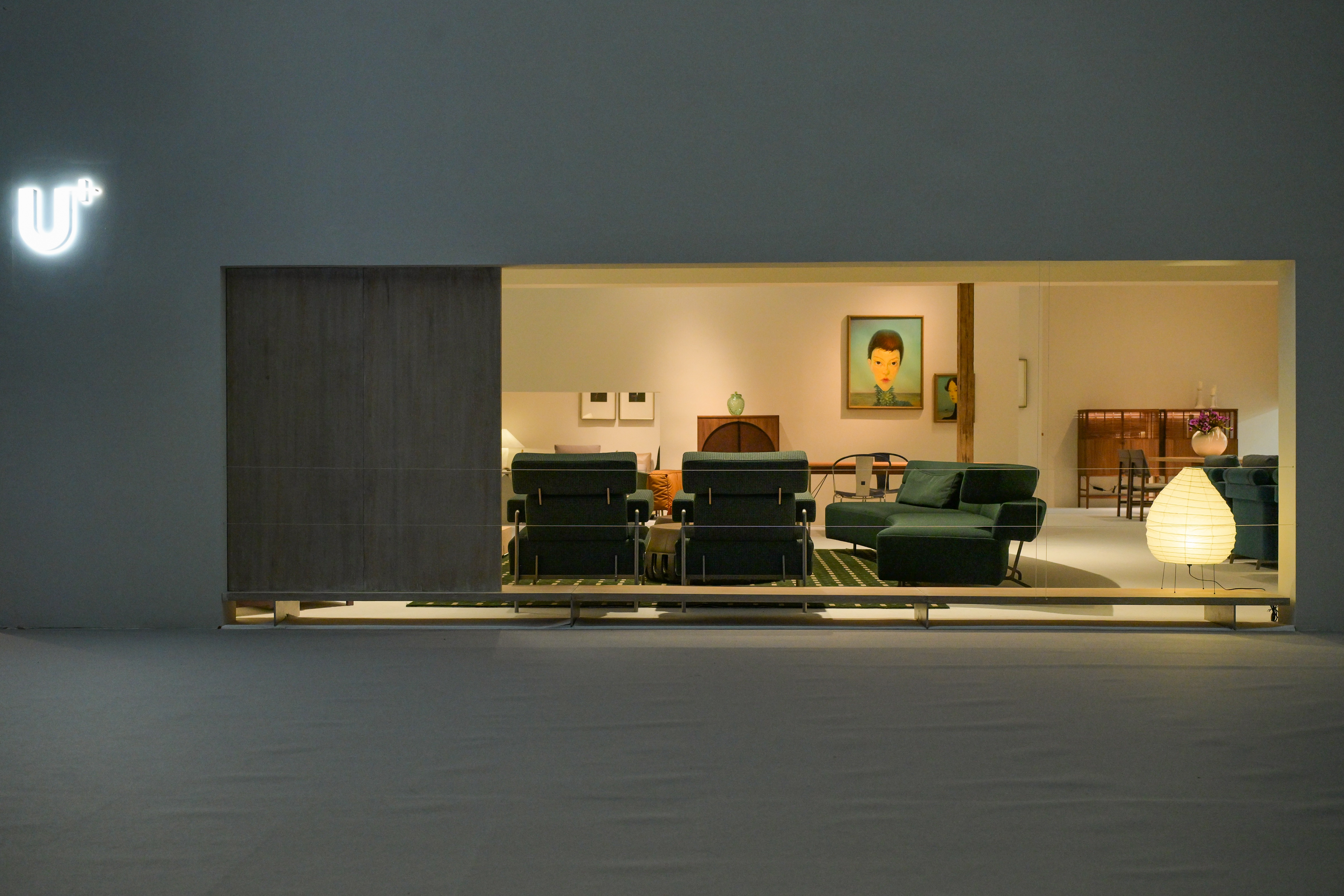 From heritage to sustainability: all the highlights from Design Shanghai 2024
From heritage to sustainability: all the highlights from Design Shanghai 2024Design Shanghai 2024: Asia's largest international design event returned for its eleventh year this past June, showcasing local well-known brands, emerging talents, and a unique focus for the international design community
-
 Step inside the new Molteni & C Shanghai flagship, where Brutalism meets refinement
Step inside the new Molteni & C Shanghai flagship, where Brutalism meets refinementDesigned by Vincent Van Duysen, the Molteni & C Shanghai flagship also includes collections by UniFor, an Art Gallery and Restaurant, making it the company's largest showroom globally
-
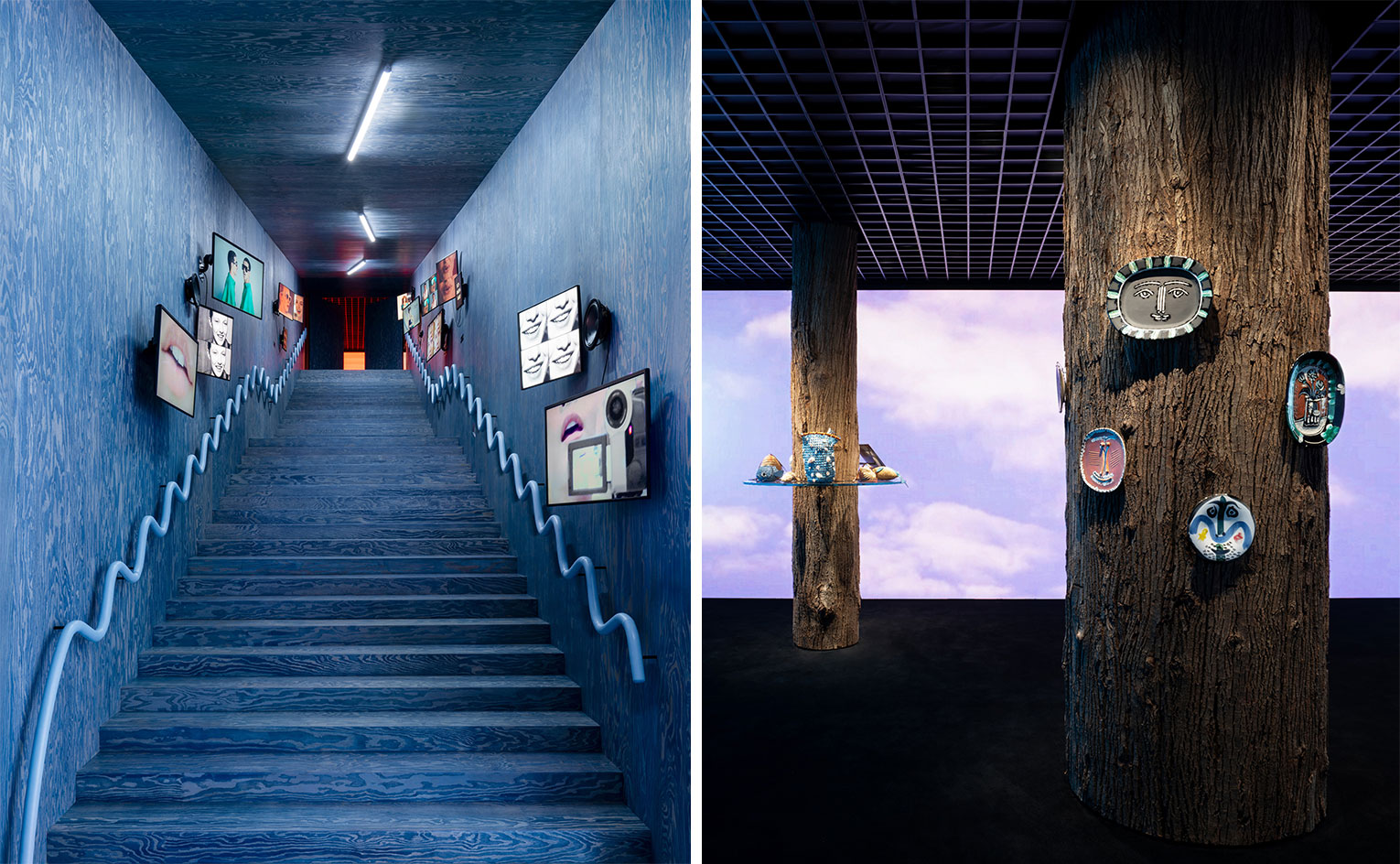 ‘Loewe Crafted World’ exhibition opens in Shanghai, highlighting all that’s wonderful about craft
‘Loewe Crafted World’ exhibition opens in Shanghai, highlighting all that’s wonderful about craft‘Loewe Crafted World’ is a new exhibition exploring and celebrating craft past and present in all its forms, on view at the Shanghai Exhibition Centre until 5 May 2024
-
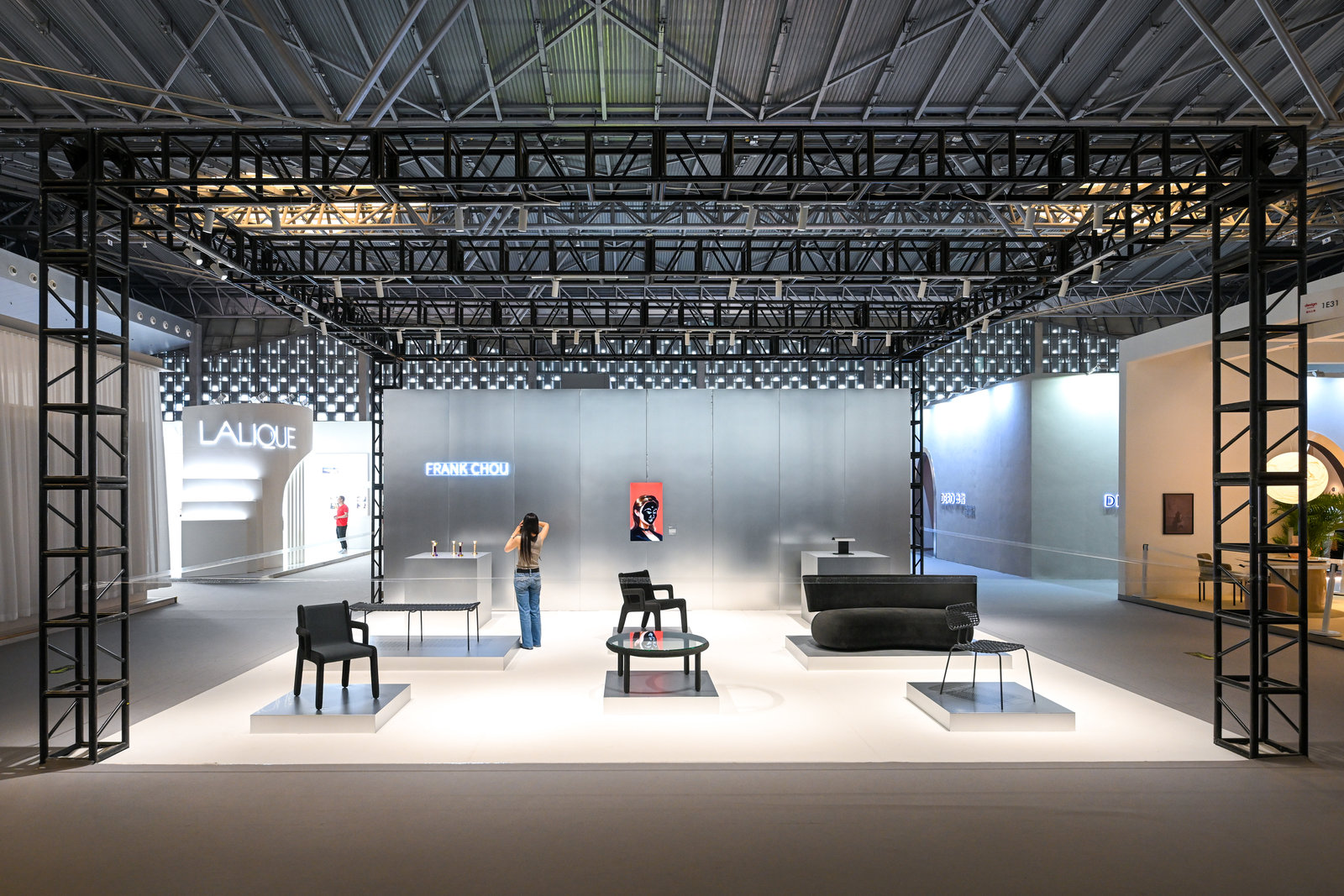 Highlights from Design Shanghai 2023: ‘Now is the golden age of Chinese design’
Highlights from Design Shanghai 2023: ‘Now is the golden age of Chinese design’Our Design Shanghai 2023 highlights, from leading Chinese designers and brands to emerging creatives
-
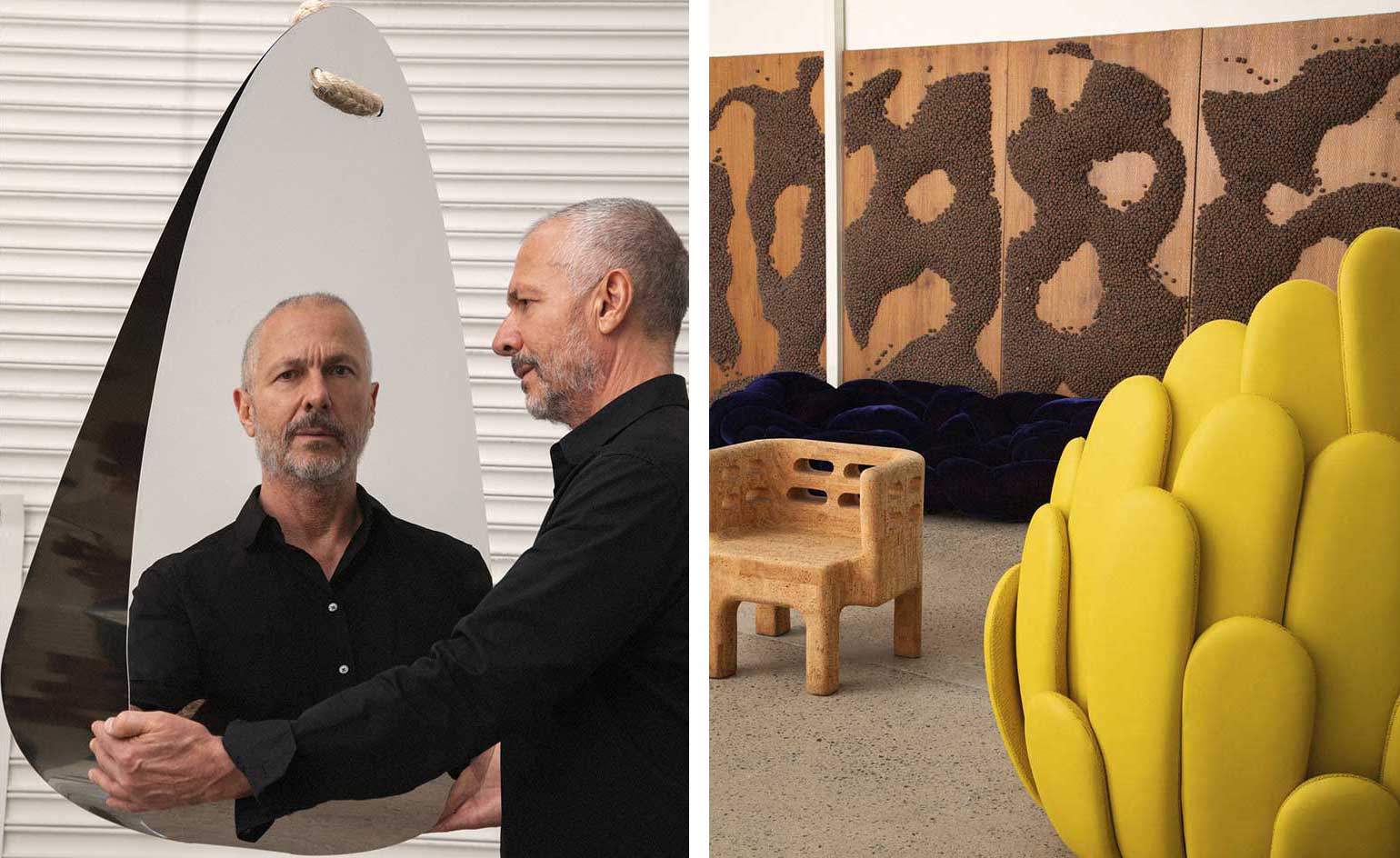 Humberto Campana welcomes us to his new São Paulo studio
Humberto Campana welcomes us to his new São Paulo studioAs one half of Estudio Campana, Humberto Campana built a reputation for elevating found objects into playful furnishings. We visit his new São Paulo studio as he embarks on a solo career
-
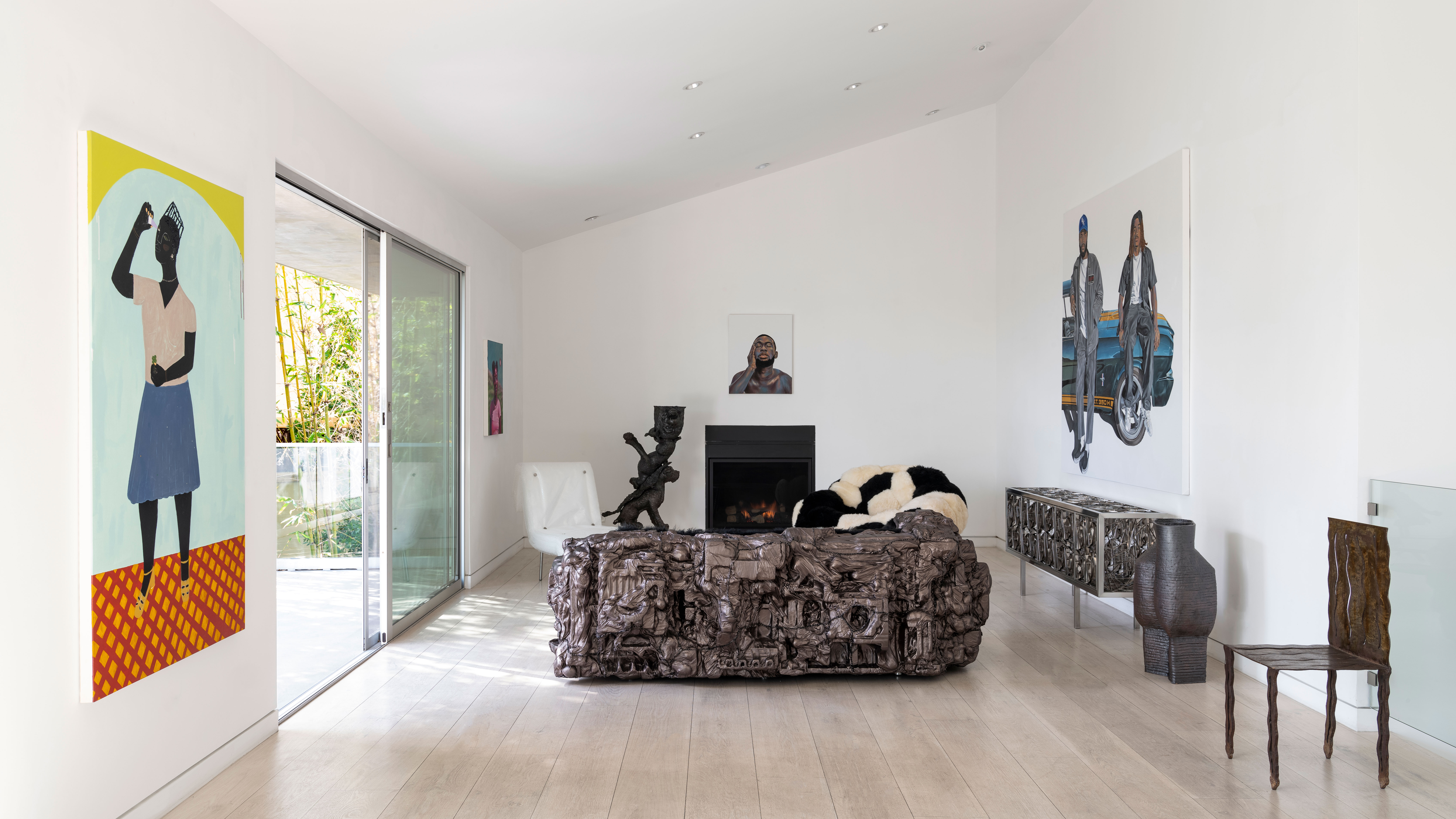 Estúdio Campana presents ‘Cine São José’ at Friedman Benda LA
Estúdio Campana presents ‘Cine São José’ at Friedman Benda LA‘Cine São José’ by Estudio Campana opens at Friedman Benda LA to coincide with Frieze, featuring rare and significant pieces from the studio's history
-
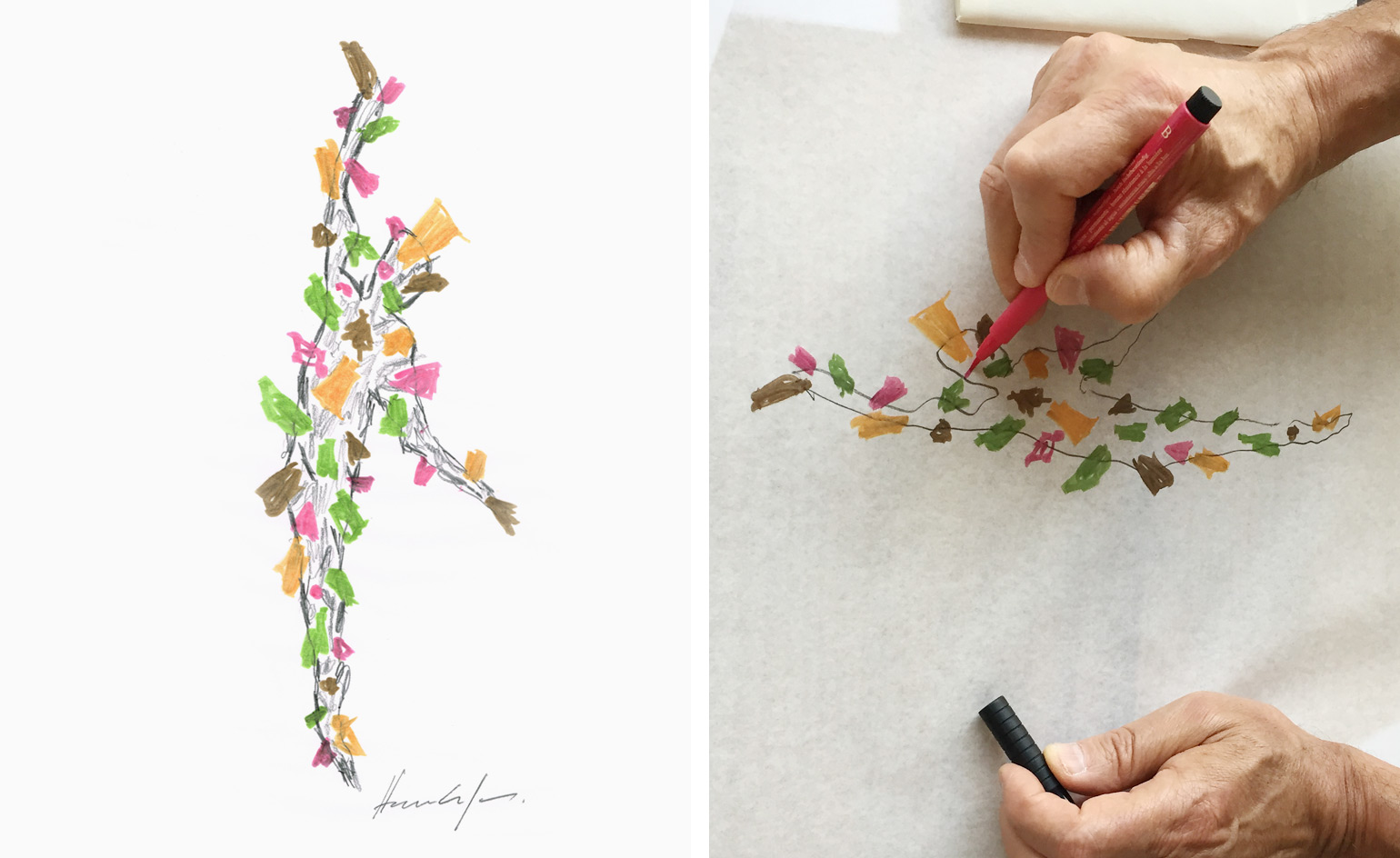 Machine man: bringing Oskar Schlemmer’s Triadic Ballet into the digital era
Machine man: bringing Oskar Schlemmer’s Triadic Ballet into the digital era